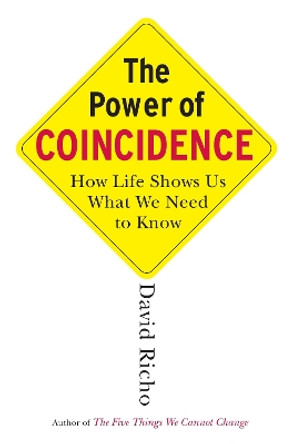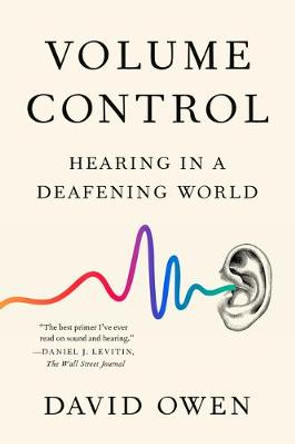In an important departure from theories of causation, David Owens proposes that coincidences have no causes, and that a cause is something which ensures that its effects are no coincidence. In Causes and Coincidences, he elucidates the idea of a coincidence as an event which can be analysed into constituent events, the nomological antecedents of which are independent of each other. He also suggests that causal facts can be analysed in terms of non-causal facts, including relations of necessity. Thus, causation is defined in terms of coincidence, and coincidence without reference to causation. David Owens challenges the ideas associated with Hume, Davidson and Lewis, constructing a theory which distinguishes nomological necessity and sufficiency from their logical counterparts. He is able to offer novel solutions to the major problems of causation, including the direction of causation, the logical form of causal statements, the distinction betwen causal connections and logical connections, and the relationship between psychological and physical causation.
David Owens offers alternative solutions to the problems still confronting theorists of causation.Reviews"...Owens' candor, his willingness to express philosophical puzzlement where puzzles exist for him, is especially refreshing. His book is a lively contribution to the growing literature on causation." Philosophy and Phenomenological Research
Book InformationISBN 9780521044486
Author David OwensFormat Paperback
Page Count 204
Imprint Cambridge University PressPublisher Cambridge University Press
Weight(grams) 279g
Dimensions(mm) 215mm * 140mm * 15mm









